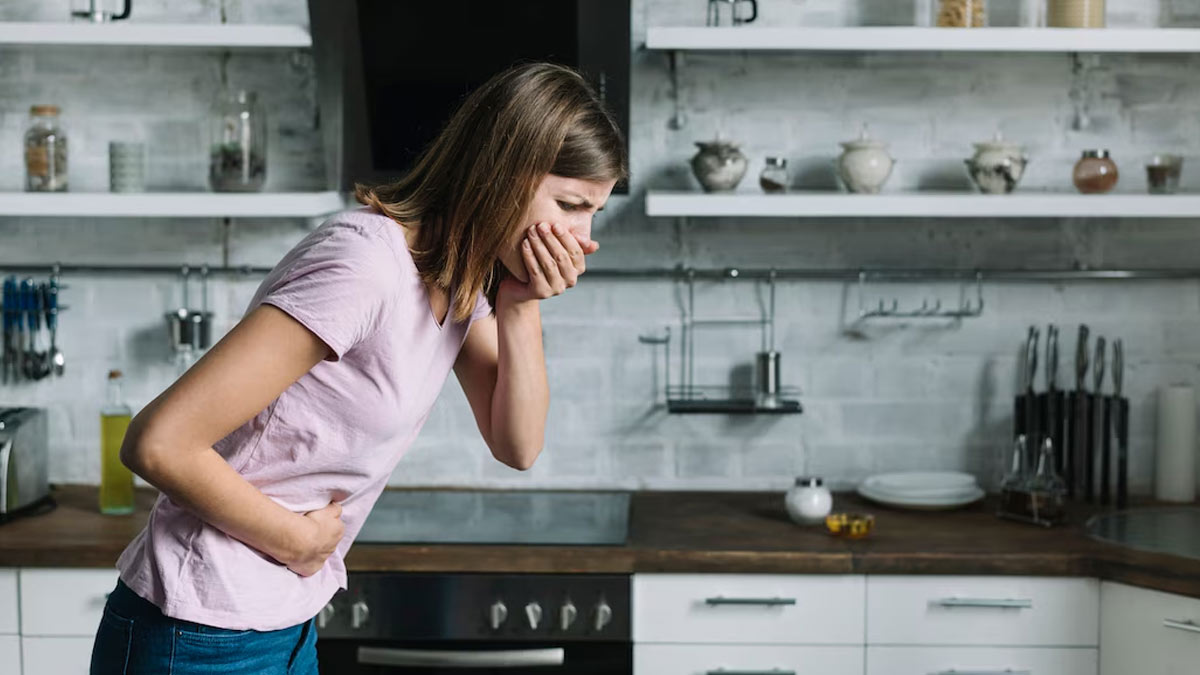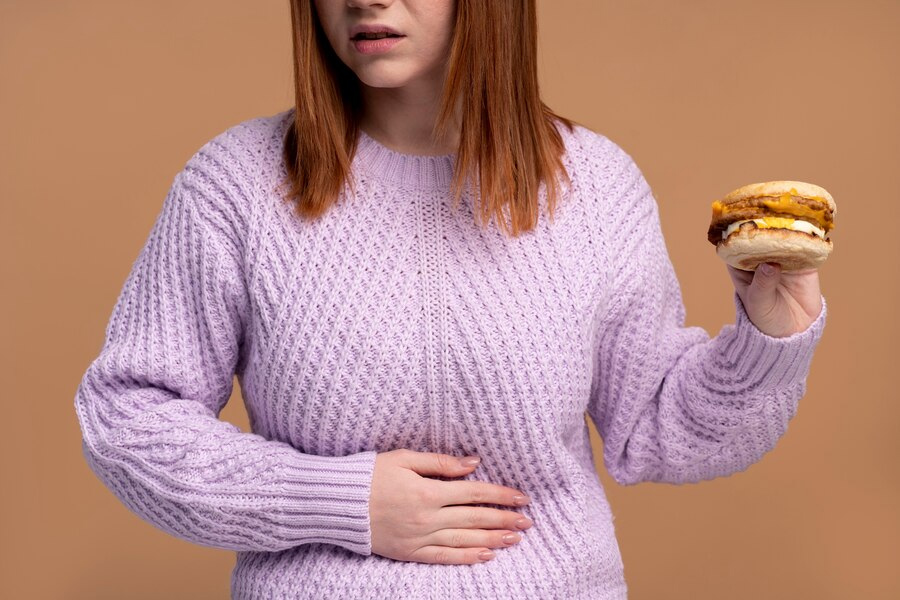
Food poisoning, as the name suggests, refers to a condition that occurs from something we ate or drank. It is caused by foods that are contaminated by harmful microorganisms, such as bacteria.
According to the US Centers for Disease Control and Prevention (CDC), food poisoning cases are more common in the summer as "bacteria grow faster in warmer weather." In fact, the health body suggests that eating foods left at 4°C to 60°C for a long time can make people sick.
Table of Content:-
Also Read: Food Safety: Common Ways Your Food Can Get Contaminated
Since the temperatures in certain parts of North India have surpassed 50°C, people not only need to protect themselves from the heatwave but also need to take measures to prevent foodborne illnesses. If you have already developed the condition, it is important to focus on a proper diet and choose foods that benefit your digestive health.
Here's a guide to what you need to do after food poisoning and how you can prevent the condition.
What Is Food Poisoning?

Food poisoning is an illness that is caused by eating contaminated food. By contaminated, we mean foods that contain certain germs, like Salmonella or E. coli.
Symptoms usually include:
- Diarrhoea
- Stomach pain or cramps
- Nausea
- Vomiting
- Fever
Foods To Eat After Food Poisoning

Diet and dietary habits play a crucial role in managing food poisoning. Drinking plenty of water throughout the day and choosing the right foods helps you recover faster and more effectively. Given that diarrhoea is one of the most common symptoms of food poisoning, research recommends following a bland BRAT diet to recover.
BRAT stands for:
- Bananas
- Rice
- Applesauce
- Toast
Additionally, you can choose other bland, low-fat, fibre-rich foods, like toast and plain crackers.
Foods To Avoid After Food Poisoning
According to the Mayo Clinic, some people are more at risk of food poisoning than others. These include young children, older adults, pregnant women, and those with a weakened immune system.
Therefore, it is imperative that they avoid foods such as:
- Raw or undercooked meat
- Poultry
- Fish
- Shellfish
- Outside foods and takeaways
Also Read: Understanding Food Poisoning: Signs And Symptoms To Diagnose Food Poisoning
How To Prevent Food Poisoning?

According to the CDC, some simple strategies can help protect people from food poisoning. These include:
- Keeping the kitchen clean and following safe food handling practices.
- Wash your hands thoroughly and often, especially before and after handling raw meat, poultry, and seafood.
- Washing fruits and vegetables under running water.
- Keeping raw meat separate from other foods to prevent cross-contamination.
- Cooking food to the proper internal temperature using a food thermometer.
- Refrigerating leftovers and perishable foods promptly to prevent bacteria growth.
- Keep your refrigerator at 4°C or below and your freezer at about -17°C or below.
Conclusion
Food poisoning may seem like a common illness that poses no fatal risk. However, an estimated 60 crore people fall ill after eating contaminated food, and 4.2 lakh people die every year, according to the World Health Organization (WHO). This is why it is important to be mindful of the food and drinks we consume and ensure that we maintain the utmost food safety.
Also watch this video
How we keep this article up to date:
We work with experts and keep a close eye on the latest in health and wellness. Whenever there is a new research or helpful information, we update our articles with accurate and useful advice.
Current Version